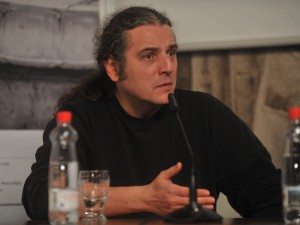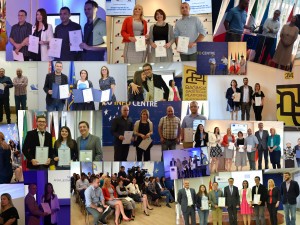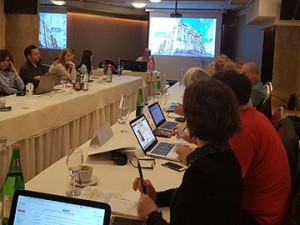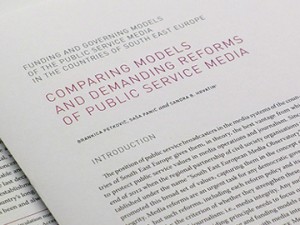Conference “Anti-corruption in the media systems in South East Europe”
6. 12. 2014 | Media
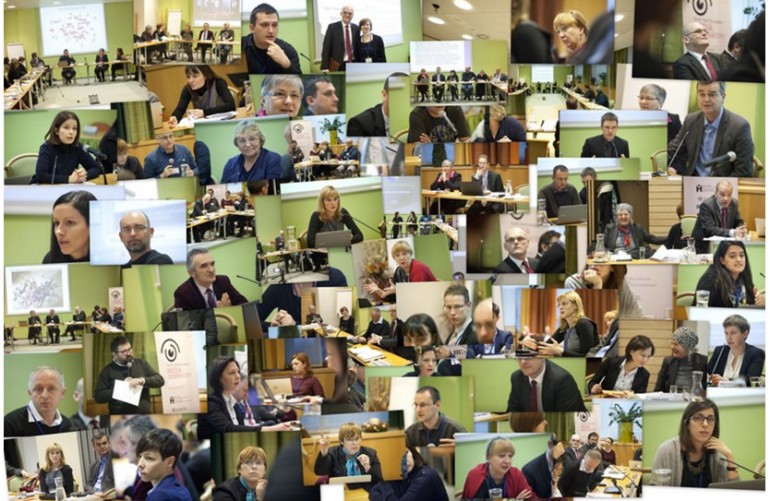
“We need an alliance between the media, civil society and independent state institutions such as information commissioners or anti-corruption bodies to fight corruption in media”, said Goran Klemenčič, Minister of Justice and former President of the Commission for the Prevention of Corruption of Slovenia at the regional conference on anti-corruption in the media systems in the countries of South East Europe. The conference was organized by the Peace Institute in Ljubljana on December 1, 2014 as part of the project “South East European Media Observatory” with a support from the European Commission and the Open Society Foundations Program for Independent Journalism.
The event gathered 40 anti-corruption experts from state institutions, investigative journalists, media researchers, representatives of civil society organizations from Albania, Bosnia and Herzegovina, Croatia, Hungary, Macedonia, Serbia and Slovenia to discuss patterns of corrupt relations and practices in the media systems, map experiences with anti-corruption measures of the field and examine opportunities to move towards actions against systemic corruption in media.

Goran Klemenčič, Minister of Justice and former President of the Commission for the Prevention of Corruption of Slovenia
During the conference, the speakers and participants tackled various aspects of potential measures against corruption in media. As a starting point, it is important to identify main actors of a potential anti-corruption framework which would be able to systematically address corruption in media, and protect and promote media integrity. Some speakers mentioned lack of coordination among anti-corruption institutions and organizations in their own countries, but also highlighted new developments with national anti-corruption strategies. They urged to adopt coherent, preventive anti-corruption measures as there is a need for more concerted policies to address these problems in media.
Participants acknowledged the need to build alliances with clearly defined competences and tasks of each of the actors against corruption and for the integrity of media. Such coalitions can be elaborated at national or regional levels and should include independent state bodies, civil society organisations and media representatives, and can partly rely on the work of investigative and data-driven journalists. The South East European Media Observatory will offer a framework for building such coalitions in 2015 and 2016, in the second phase of its operations.
Donors and partners:
European Commission,
Open Society Foundations Program for Independent Journalism.



